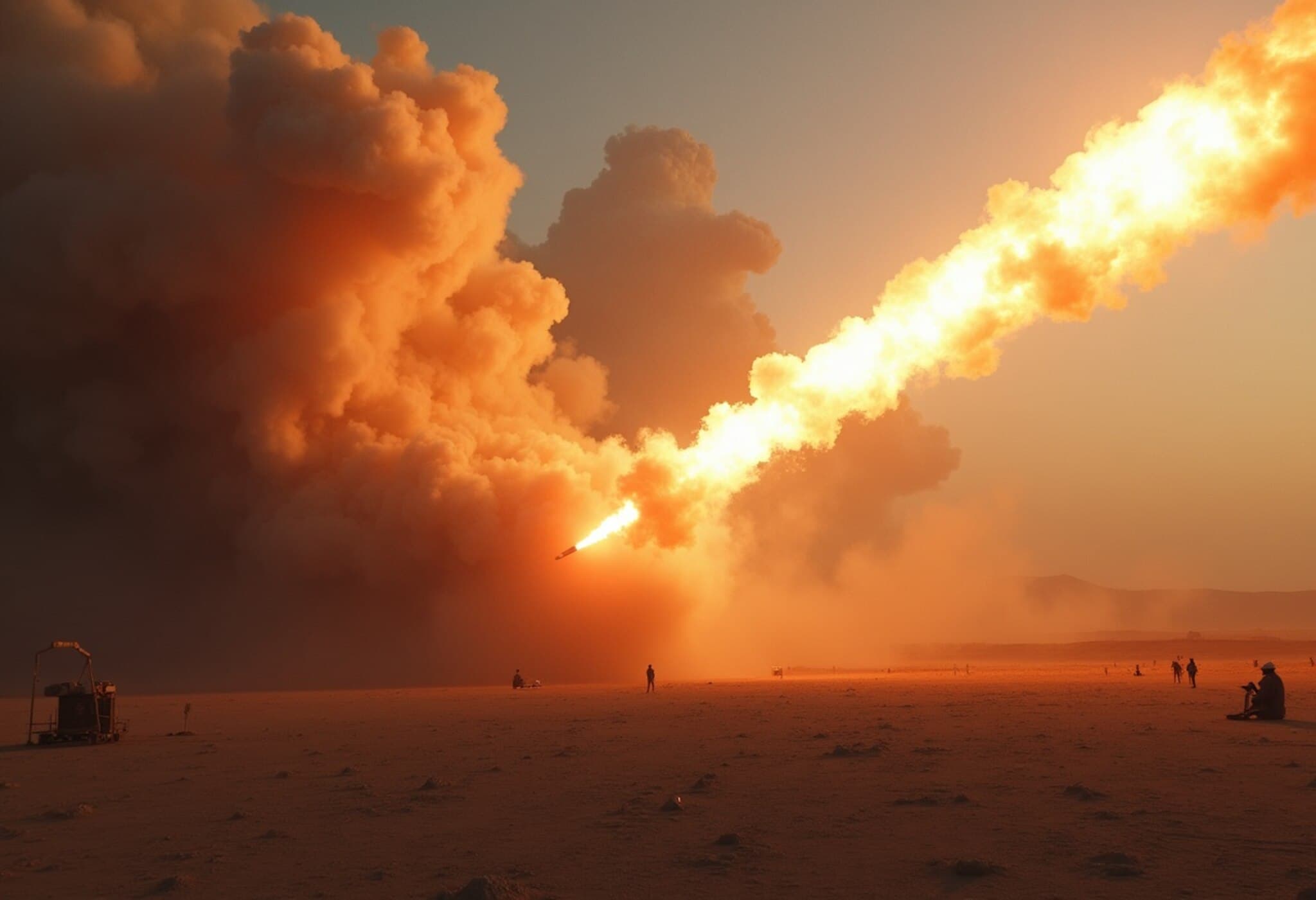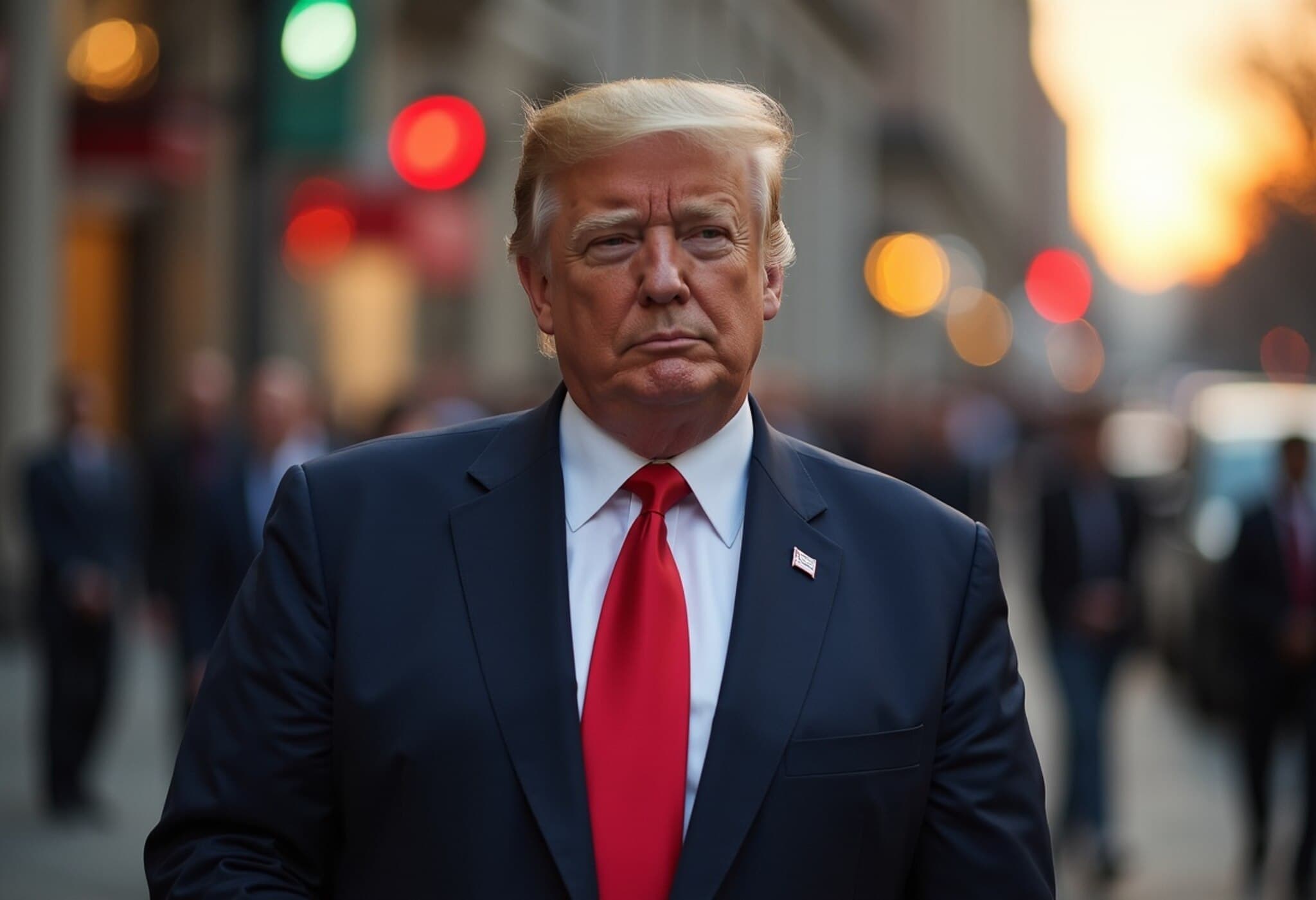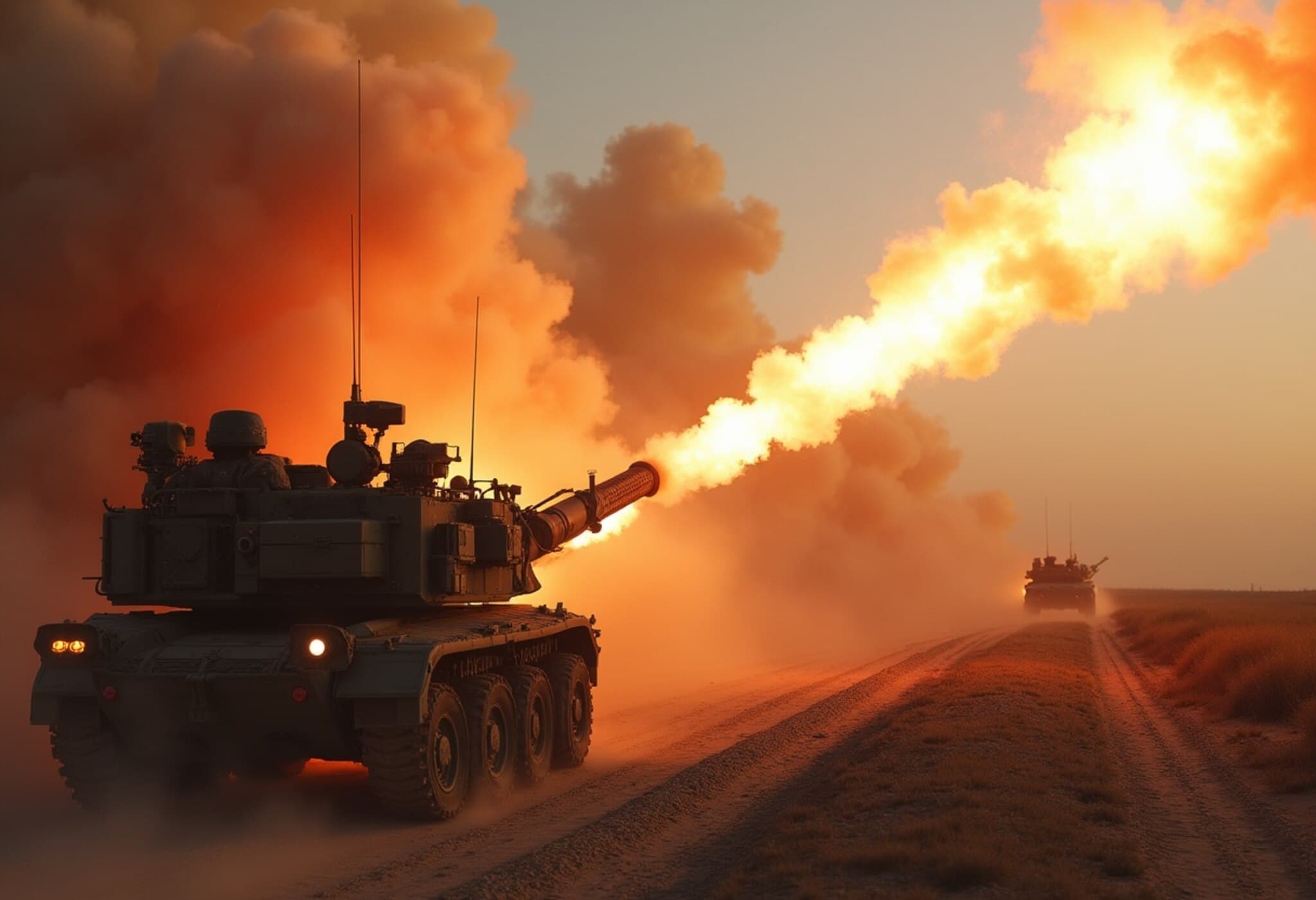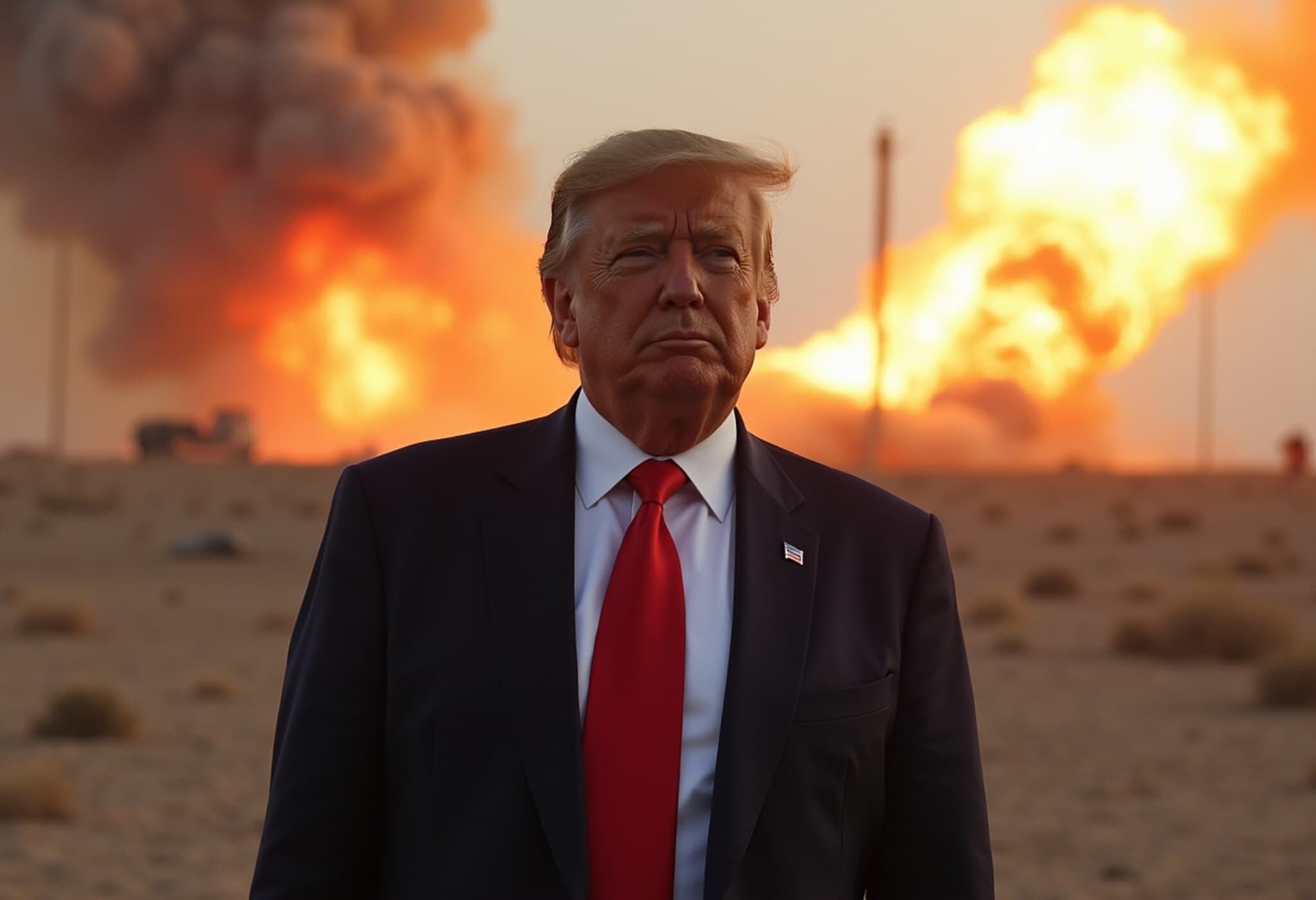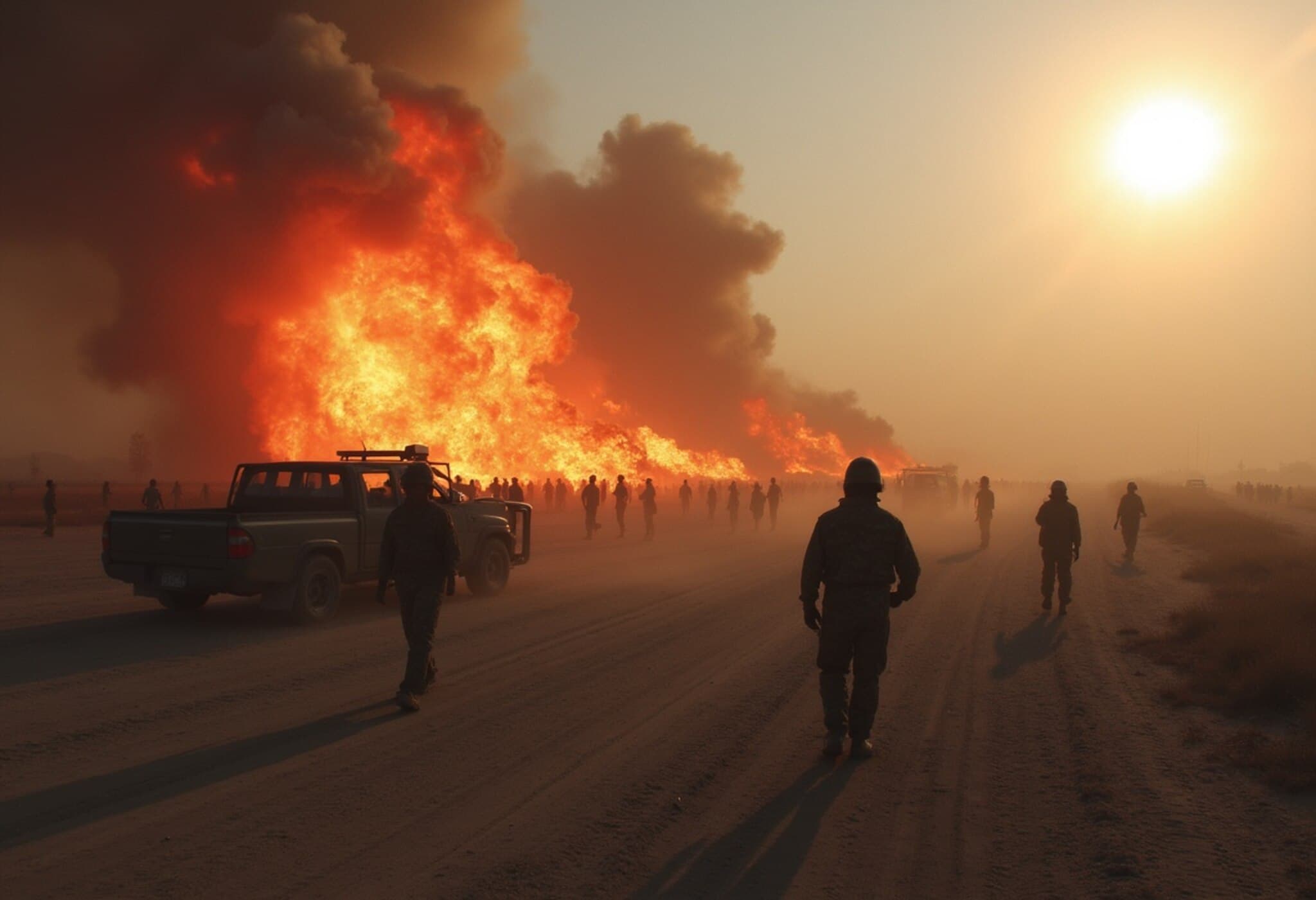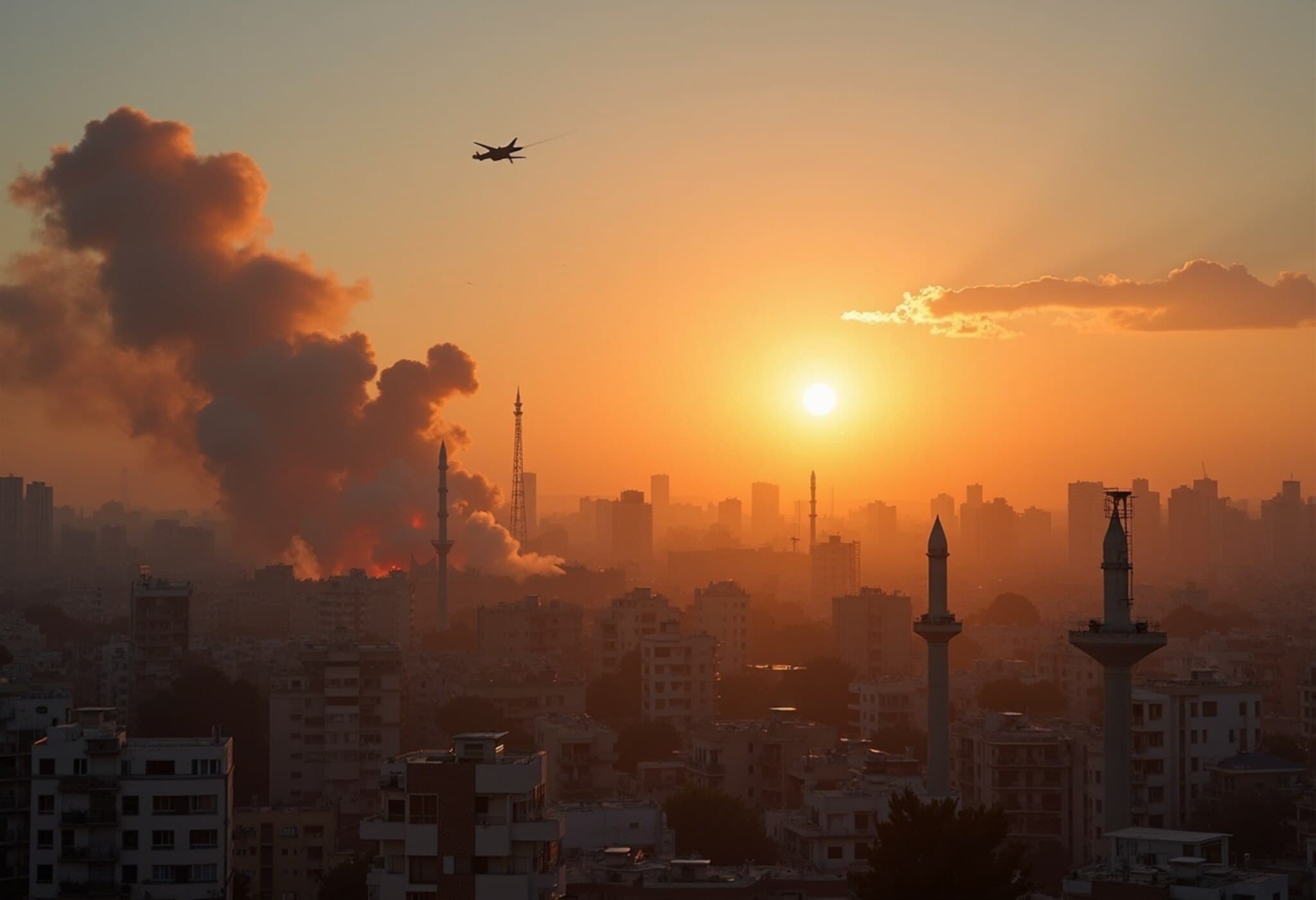US Gave Covert Approval for Israeli Strikes on Iran, Officials Say
Contrary to public statements of opposition, senior Israeli officials have revealed that former US President Donald Trump privately authorized Israel’s recent military operation against Iran. The covert endorsement came even as Trump publicly expressed reservations, apparently to mislead Tehran and prevent Iranian forces from relocating sensitive targets.
Strategic Deception Behind Public Disapproval
According to two senior Israeli sources, Israel had a clear green light from the US to carry out the strikes targeting Iran’s nuclear infrastructure, missile systems, senior scientists, and top military commanders. This carefully crafted double messaging aimed to keep Iran off balance ahead of the assault.
Operation Targeting Iran’s Nuclear and Military Capabilities
The military campaign reportedly began overnight, focusing on neutralizing Iran’s nuclear and ballistic missile development. Israeli officials suggest this operation could extend over several days or even weeks given the scope of the targets.
Despite Trump’s public warnings against any action that could undermine nuclear negotiations, behind the scenes he engaged in a phone call with Israeli Prime Minister Benjamin Netanyahu, which was framed publicly as a warning but in reality involved final coordination on the strike plans.
Months of Covert Planning Fueled by Iranian Threats
This operation follows nearly eight months of secret preparations prompted by last October’s Iranian missile strikes on Israel and intelligence indicating Iran was accelerating nuclear weapons efforts, including developing new underground enrichment sites resistant to conventional attack.
Prime Minister Netanyahu, informed by this intelligence, authorized a broad and comprehensive strike that included targeted assassinations of key nuclear scientists—25 individuals were reportedly targeted, with at least two confirmed killed—as well as high-ranking military leaders from the Islamic Revolutionary Guard Corps.
Sophisticated Tactics Involving Airstrikes and Covert Operations
Beyond air attacks, Israeli intelligence operatives, notably Mossad agents, have been reportedly active inside Iran carrying out sabotage missions against missile bases and air defenses. This multi-pronged approach underscores the operation’s high stakes and complexity.
US Denies Direct Involvement Despite Acknowledging Awareness
While the US government has not formally confirmed Israel’s claims, top American officials labeled the operation as unilateral. Secretary of State Marco Rubio firmly denied any US participation in executing the strikes.
Trump later admitted knowledge of Israel’s intentions but emphasized that no US military assets were involved, leaving open questions about possible intelligence or cyber assistance.
Escalated Regional Tensions and Iranian Retaliation
In the hours following the strikes, Iran launched over 100 drones toward Israel, all of which Israeli defense systems engaged to intercept, according to the Israel Defense Forces (IDF). Brigadier General Effie Deffrin, the IDF spokesperson, confirmed the defense measures amid rising hostilities.
Iranian officials warned of strong retaliation and included American forces among potential targets, intensifying the volatile situation.
Diplomatic Fallout: Iran Suspends Nuclear Talks
In a significant diplomatic blow, Iran announced it would halt participation in scheduled nuclear negotiations with the US, indefinitely suspending talks that were set to occur in Oman.
This development signals a sharp escalation in tensions and effectively ends a critical diplomatic channel between Washington and Tehran at a delicate juncture.
These revelations shed light on the complex interplay of public diplomacy and covert operations shaping Middle East geopolitics today.





